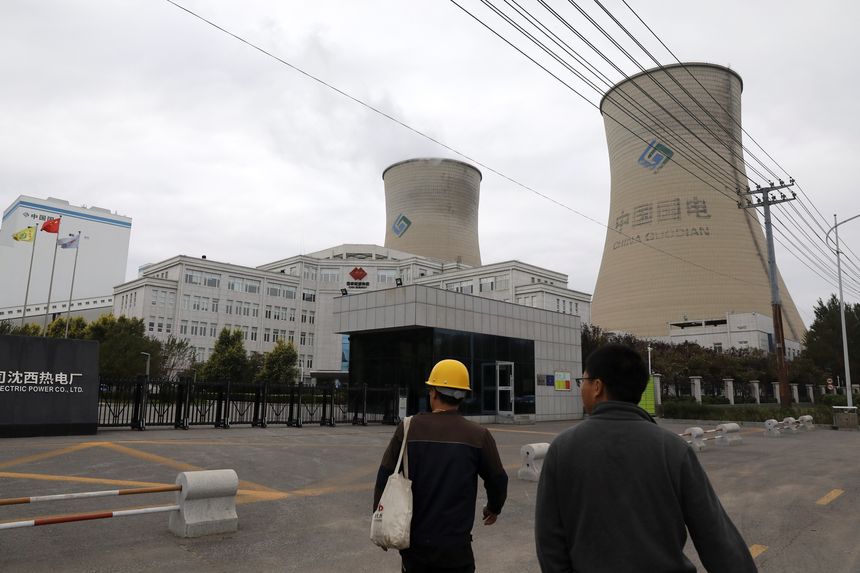China’s November plant movement slips once again into constriction

China’s economy is at last getting some uplifting news: Its large industrial facilities are arranging a recuperation as a power crunch that kept down creation begins to ease due to a major leap in coal supply.
An administration overview of assembling movement expanded to 50.1 in November from 49.2 in October, as per information delivered by the National Bureau of Statistics on Tuesday. It was the primary perusing over 50 showing extension rather than constriction in 90 days. It was likewise the initial time since March that the list expanded over the earlier month.
Beijing on Tuesday ascribed the improvement to “late strategy gauges” that have reinforced energy supply and balanced out taking off costs.
China’s plant movement fell once again into constriction in November as curbed request, contracting work and raised costs burdened producers, a business overview displayed on Wednesday.
The Caixin/Markit Manufacturing Purchasing Managers’ Index (PMI) tumbled to 49.9 in November from 50.6 the prior month, versus expert assumptions for 50.5 in a Reuters survey. The 50-mark isolates development from constriction consistently.
The world’s second-biggest economy, which arranged a noteworthy bounce back from last year’s pandemic droop, has lost force since the second half as it wrestles with an easing back assembling area, obligation issues in the property market and Covid-19 flare-ups.
The error between the two studies can be credited to procedure Caixin took a gander at little and privately owned businesses, while the public authority zeroed in on bigger ones.
Wang Zhe, senior market analyst at Caixin Insight Group, featured the issues confronting more modest organizations in China, including crumbling work and high unrefined substance costs. He included an assertion going with the information that policymakers “should in any case zero in on supporting little and medium size endeavors.”
All things considered, the studies taken together “still propose that modern result bounced back in November as power deficiencies decreased,” as per a report from Sheana Yue, collaborator financial specialist for Capital Economics.
Disclaimer: The views, suggestions, and opinions expressed here are the sole responsibility of the experts. No Money Virtuo journalist was involved in the writing and production of this article.






